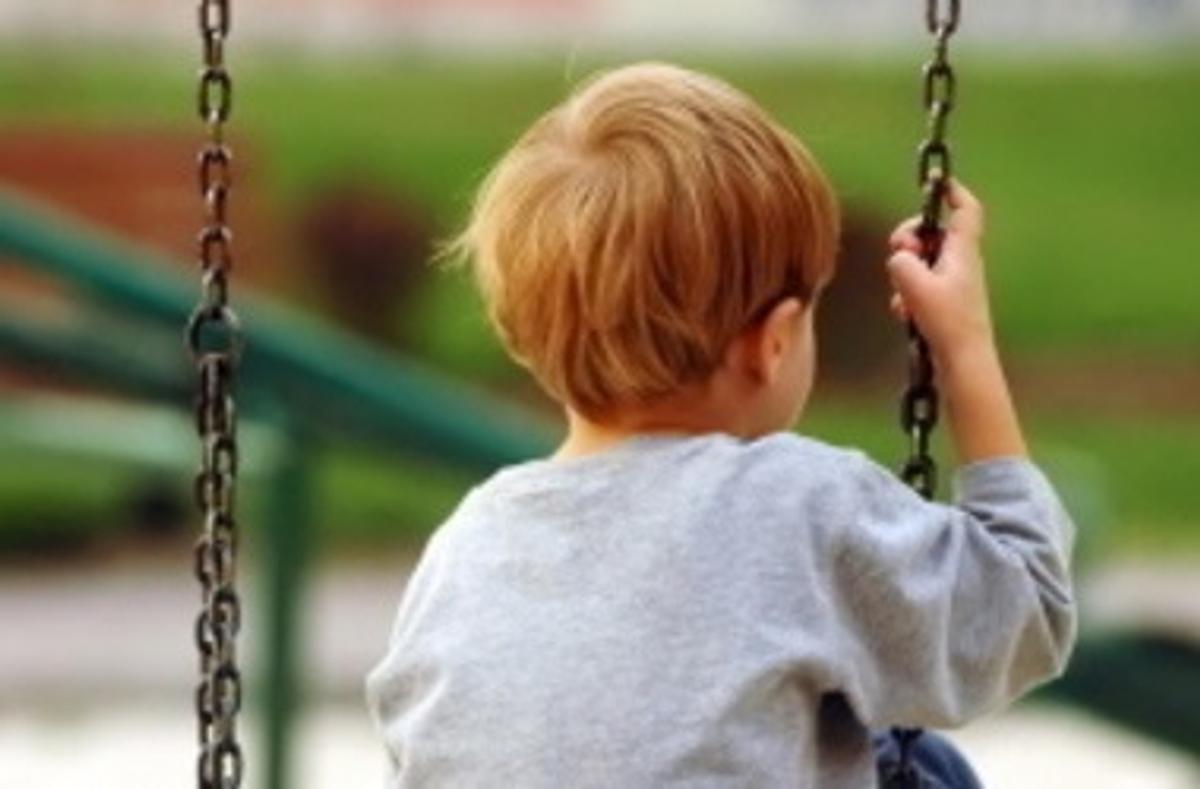Jenny's Chatroom

This is the sequel to my last chat room edition on Grief in children.
Thoughts that children may have ...
• May have unrealistic thoughts about their loss
• May try to recreate ‘what was’ before their loss
• May blame themselves
• May have frightening thoughts or worry about the future
Behaviours that children may show ...
• May regress to younger behaviours
• May ‘lash out’ at family, friends or teachers or ‘act out’ in anger
• May be overly clingy or uncooperative
• May try to be overly helpful and cheerful
Physical reactions that children may experience ...
• May be tired, distracted and unable to concentrate
• May have stomach aches and headaches
How to support a grieving child
If we think of grief as a journey, our role as adults is to walk alongside children. We cannot take away the loss a child has experienced and we cannot grieve on their behalf. However, we can help them to understand and navigate the journey and we can hold their hand, encourage and support them when the going gets tough
What support do children need?
• A strong, loving relationship with a parent or primary caregiver who they can rely upon and trust.
• Clear, factual age-appropriate information about the loss they have experienced.
• Warm, open communication to talk through and make sense of what has happened, repeatedly and without judgement.
• Space to express a wide range of emotions (such as sadness, anger, fear, guilt and humour).
• Help to make sense of their emotions and reactions.
• Security from their usual boundaries and routines.
• ‘Time out’ from their grief, to be allowed to laugh and be playful.
• Opportunities to be involved in decisions linked to their loss.
How to help as a parent or primary caregiver
Grieving children are often being cared for by grieving adults. It is OK for children to see you cry, as long as you explain why you feel sad and continue to support their needs. Two key ways to do this are:
1 Maintain open, warm conversation and notice your child’s worries and feelings even if they are different to your own.
2 Try to maintain normal care routines and boundaries as far as possible, such as meal times and house rules. These will help your child feel safe and secure while they navigate their grief.
Don’t be afraid to ask other adults to help support your child, or take them out for a fun day, so that you have time to process your own grief too.
How to help as relative, family friend, teacher or other professional
• Let children know their loss is recognised
• Identify yourself as a safe person who is open and willing to listen (although don’t force children to talk)
• Help children to identify overwhelming feelings and let them know it is OK to feel sad, angry etc.
• Help them to manage their feelings in different contexts (such as school)
• Check in with children regularly to keep communication open over time
“Seasons for Growth” is an education program that gently helps children learn about the grief process. Remembering that in the education process some time is best to have lapsed since the loss/change and the cognitive processes are able to make some sense of the situation again. Huntingdale Primary School is offering this program, so if you think your child has had significant grief during their young life, enquire at the office and Gill can get you in touch with me.
In addition, if you are supporting a grieving child or young person that is overwhelmed and not coping over an extended period of time, it is a good idea to
connect them with some additional professional support.
Yours Sincerely
Jenny Celle
Chaplain to HPS

